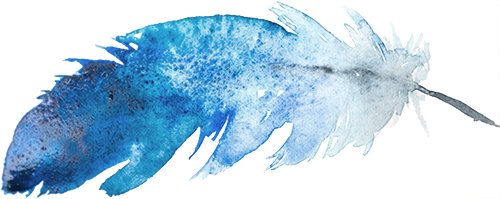












The night before the bees arrived Melbourne rejected its first hot spring day with a crack of thunder. The morning spat and grumped as our bees arrived, but Martin, the bee man, said it was a perfect day for the bees to move in. I imagined them made sluggish with cold, they were unwilling to shed their pyjamas and buzz out of bed.
We sat around the table nursing peppermint tea while Martin solemly told us the tale of a man who paid too much attention to his grooming and ended up with a stung nose. But only after lathering on strong smelling gels, face creams and old spice, then sticking his nose into the entry to the hive to get a better look. Even two female clients of his who had long since rejected shampoo and deodorant had been chased back inside when they had tried a strong smelling chamomile soap. My hair was currently fresh from shower and lavendar fresh with a conditioner Ryan had gifted me so I thought it best to keep my nose well out of their business.
Sitting under a tree on its thin little legs, the hive didn’t look like the Winnie the Pooh hive I had in my head, more like a trestle table with a roof. But the beauty of a top bar hive is that it is so unlike a normal hive which involves pillaging the bees’ entire supply of honey and dooming the colony when the frost hits and the cupboard is bare. Commercial beekeepers strip the honey and then feed the bees melted sugar through winter, there’s something that feels so wrong about that. Top bar, Martin told us with the reverence of a man who believes in the good in his product, allows you to harvest the honey one “bar” at a time so you can leave plenty for the bees to drink up when autumn winds blow the last petals from their stems.
Soon he promises we should be able to see the bees forming a chain like little builders forming a living tape measure for other workers to fill with honeycomb. If I build up the nerve to lie under the hive to take a photo. No shampoo or moisturiser that day I think.






























